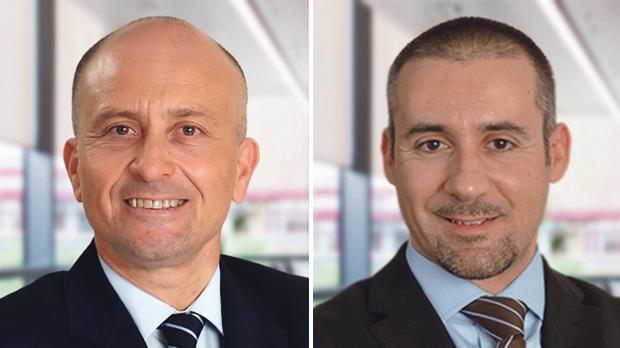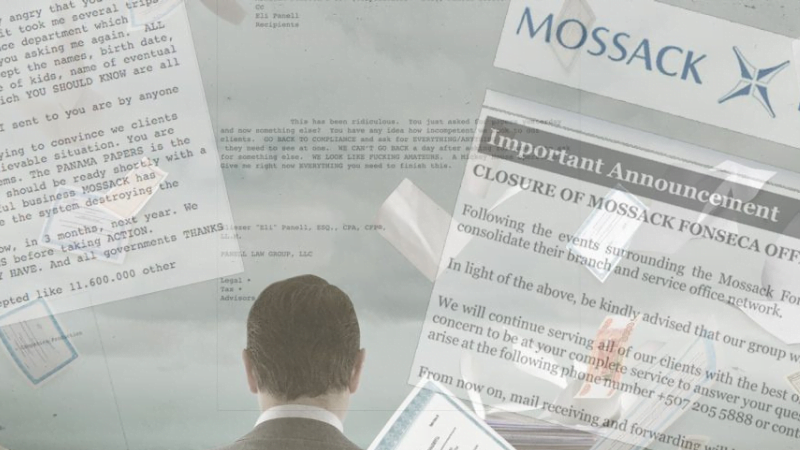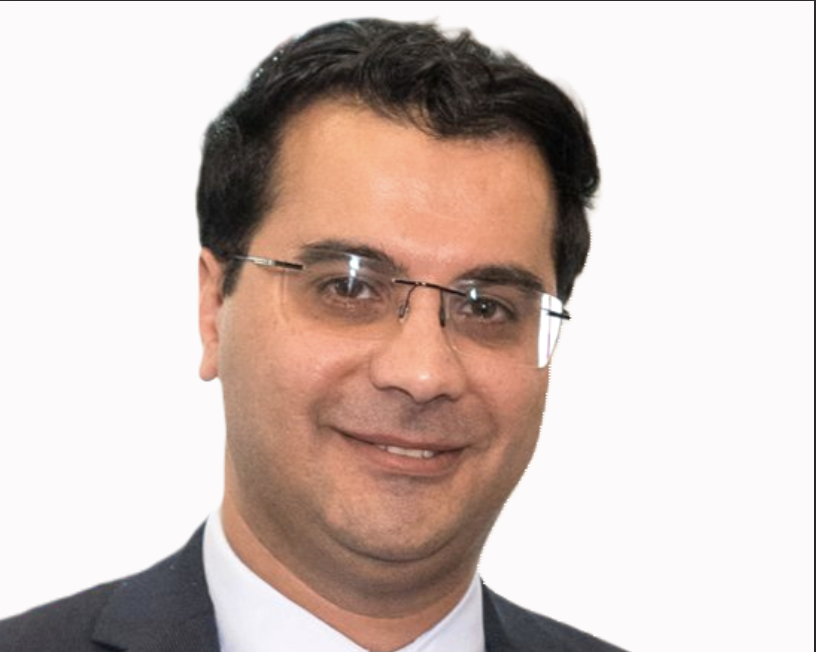A former employee of Mossack Fonesca has been extradited to Germany on charges relating to revelations from the Panama Papers, an unprecedented leak of over 11 million files from the database of the world’s fourth biggest offshore law firm at the time.
The case is related to the first US prosecution over the Panama Papers scandal. The extradition order was approved after Dirk Brauer, a former employee of Mossack Fonesca’s Asset Management Department was arrested at a Paris airport last November.
The Organised Crime and Corruption Reporting Project reports he was indicted in absentia by courts in the US for helping a number of his clients defraud American tax authorities for over a decade.
This latest example of legal action as a result of the Panama Papers is in direct contrast to the attitude taken by the Maltese police and courts.
Mossack Fonseca’s representatives in Malta, Nexia BT, including senior officials Brian Tonna and Karl Cini whose email correspondence and dealings are immortalised in countless articles, remain untouched.

Nexia BT’s Brian Tonna (left) and Karl Cini (right).
Still in possession of their warrants and without so much as a reprimand, let alone a formal investigation, the facilitators continue to operate, pick up government direct orders and, in what can only be interpreted as sheer chutzpah, are now even seeking to have published copies of evidence taken down under Data Protection laws.
Despite the Panama Papers revealing that both Minister Konrad Mizzi and OPM Chief of Staff Keith Schembri owned offshore companies that were opened shortly after the Labour Party’s electoral victory in 2013, no action has been taken against them either.
Amid a growing number of murky allegations made against the two, and their failure to justify their actions in a logical way, they continue in their positions, with a lack of police action and magisterial inquiries into their behaviour contested and stalled.
We’ve had the Police Commissioner state that in effect reports by the Maltese financial intelligence analysis unit (the Malta FIU) are useless since, he said, any and all claims and evidence gathered by the FIU needs to be collected and investigated afresh by the police. Essentially neutering the role of the FIU.
Earlier this year, the Appeals Court overturned a magistrate’s decision that would have allowed an ‘in genere’ inquiry into allegations of money laundering by Mizzi. Typical of Mizzi, he turned this on its head to state that this meant he was completely innocent.
Judge Grixti’s ruling has drawn strong reactions, resulting in a Catch-22 situation where in order to open such an inquiry, the onus would be on the person asking for the inquiry to provide more evidence than would be required by the police were they to ask for such inquiry or indeed than would be yielded by the inquiry itself.
In addition to this, the ruling by Grixti also dismisses the fact that an attempt at money laundering, even if a single cent isn’t yet “laundered”, is still illegal and punishable by three plus years in prison.
All that was needed to suggest that the law had been broken was the evidence that there was at least “intention and preliminarily steps taken to implement that intention,”according to Maltese law.
The #PanamaLeaks were good enough to extradite a former #MossackFonseca employee to #Germany. But not for a judge in Malta to open an investigation into #PanamaPapers. It’s bizarre.
@VeraJourova https://t.co/xF68kNdhCd— Simon Busuttil (@SimonBusuttil) January 22, 2019
The Judge’s ruling also stated that it was up to PN MP Simon Busuttil (requesting the inquiry) to provide evidence of money laundering, despite the law stating that the threshold is merely prima facie.
Grixti’s ruling also had the effect of shuttering a second decision, that by Magistrate Depasquale, to investigate 17 Black since, at the time, the magistrate had felt that although evidence subsisted to launch an inquiry, this matter would be amply covered in the inquiry being appealed. Two for the price of one… or nothing at all?
More and more jurisdictions are taking concrete legal action as a result of fraud, money laundering, and tax evasion but Malta remains adamant that no wrongdoing took place, despite evidence suggesting the contrary.
Maltese politicians suspected of corruption, bribery and the laundering of illicit funds retain their positions of power while our courts sidestep the law and play legal games to avoid pursuing an investigation.













